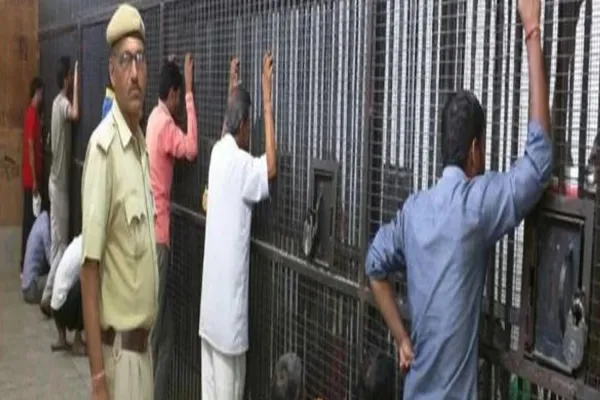i NEWS INTERNATIONAL
US President-elect Donald Trump has announced plans to address daylight saving time, describing it as "inconvenient and very costly to our nation." Speaking on Friday, Trump said the Republican party would "use its best efforts" to bring an end to the practice. "The Republican Party will use its best efforts to eliminate Daylight Saving Time, which has a small but strong constituency, but shouldn't!" Trump said on social media. "Daylight Saving Time is inconvenient, and very costly to our Nation." Daylight saving time - putting the clocks forward one hour during the summer half of the year to make the most of the longer evenings - has been in place in nearly all of the United States since the 1960s, but has been a topic of debate in recent years.
Some lawmakers want to stay on standard time year-round, more are on record calling for remaining on daylight saving time all year, while others want to keep the status quo. President Joe Biden never took a public position on the issue. In March 2022, the US Senate voted unanimously to make daylight saving time permanent but the effort stalled in the House after lawmakers said they could not reach consensus. A bipartisan group of senators in March made a new push to make daylight saving time permanent. Supporters of remaining on daylight saving time argue it would lead to brighter afternoons and evenings and more economic activity during the winter months.
Critics say it would force children to walk to school in darkness, since the measure would delay sunrise by an hour. Proponents of eliminating daylight saving time altogether say the twice-annual changing of clocks causes sleep disturbance and health issues. Congress has not held any new hearings on the issue for more than two years and the Senate would need to take up the issue again. Year-round daylight saving time was used during World War Two and adopted again in 1973 in a bid to reduce energy use because of an oil embargo, but was unpopular and was repealed a year later. Since 2015, about 30 states have introduced or passed legislation to end the twice-yearly changing of clocks, with some states proposing to do it only if neighbouring states do the same.
Credit: Independent News Pakistan (INP)








